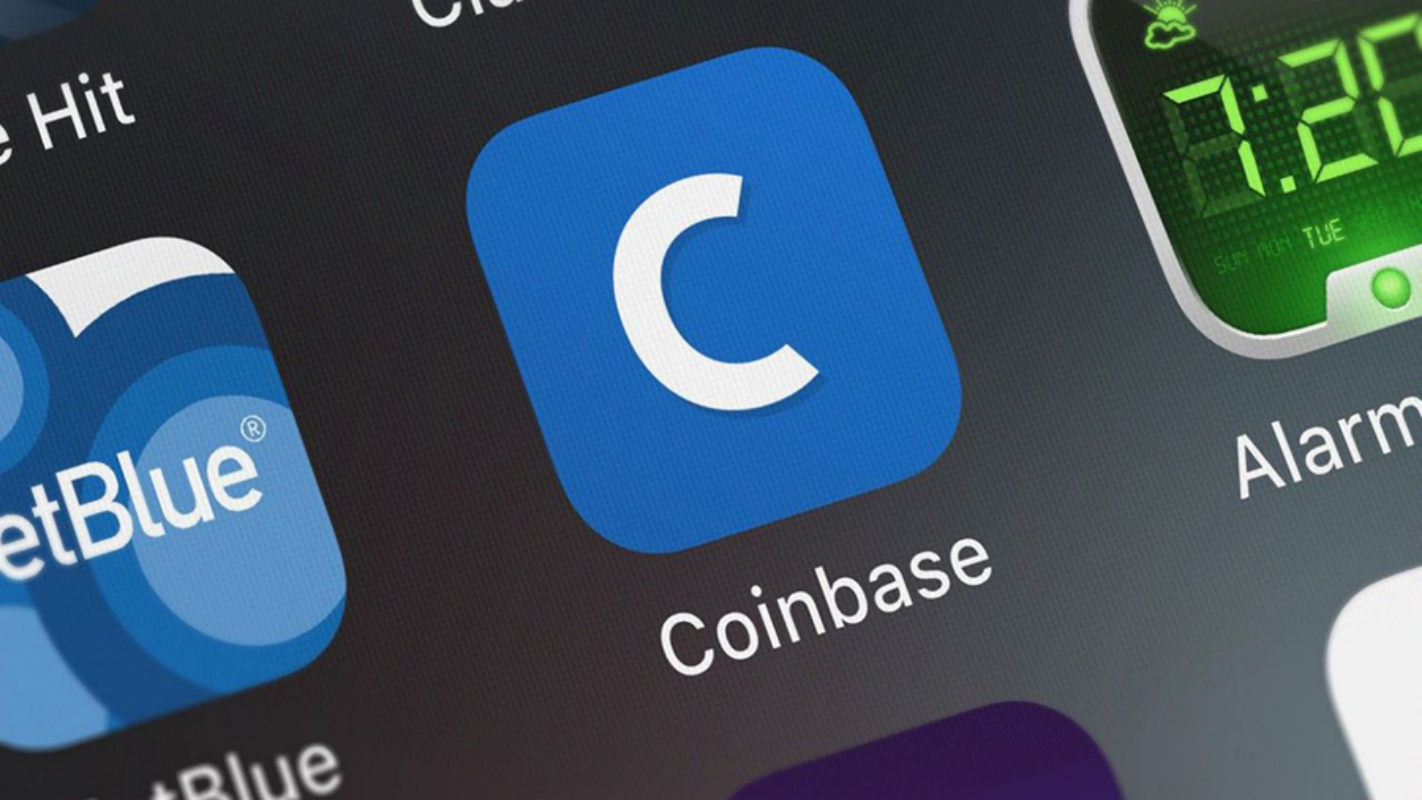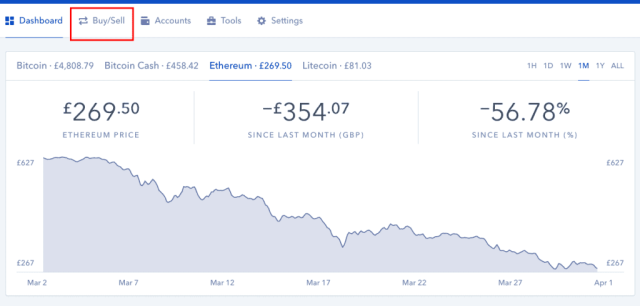Content

Many countries have jumped ahead of the industry and regulated cryptocurrencies, while others have taken a back seat to see exactly how the market responds. This Note explores the history behind cryptocurrency and Blockchain and how governments worldwide have dealt with the growing concern regarding regulation of the often volatile and decentralized industry. By way of comparative analysis, this Note examines how China, Switzerland, and the United States have taken measures to either embrace or repudiate the industry, as well as how they have succeeded and failed at a regulatory scheme. This Note ends with a recommendation that the industry be regulated by its own constituents through a self-regulatory organization, similar to that of FINRA, and discusses whether this form of regulation can coexist with a centralized governmental authority. In May 2021, the Treasury Department released the Biden administration’s revenue proposals for fiscal year 2022. They include a key requirement that would apply stringent reporting requirements to all business and personal accounts from financial institutions. Then in late October the Treasury offered an additional threshold of more than $10,000 in transfers in a given year.
Where does my money go when I buy crypto?
The money goes to the brokerage house or exchange through which you are buying Bitcoin or BITS.
Because the “receipt” of physical cash generally involves an in-person transaction, Section 6050I historically has been applied mainly to transactions involving the in-person purchase of goods or services, such as when a person pays cash for jewelry, a car, or legal representation. Importantly, Section 6050I does not apply to transactions at financial institutions, which are subject to parallel requirements under the Bank Secrecy Act.
Get Our Smart Take On Technology From The Valley And D C With Axios Login Sign Up For Free
If you’re interested in crypto, these funds could help you diversify your holdings across different coins, like a conventional ETF or index fund. But they’re still just as speculative as any crypto investment; if you’re waiting for a Bitcoin ETF because you’re unwilling to take on the risk, you may want to reconsider whether crypto belongs in your portfolio at all. Stablecoins are a type of cryptocurrency pegged to an existing currency, like USDT . USDT is tied to the price of the U.S. dollar, so its value is constantly $1. Virtual currency is a digital representation of value in purely electronic form. A group of U.S. lawmakers has proposed a requirement that individuals declare their cryptocurrency holdings when entering the U.S., but to date no such requirement has gone into effect. Additionally, potential stablecoin regulation poses a serious concern to both custodians and market participants.
A blanket ban on #cryptocurrency will hurt India in the long term as other nations adopt friendlier regulations and allow for #innovation to grow, note @ssmumbai & @KJshashi. https://t.co/rDYWOwAyQq
— ORF (@orfonline) December 14, 2021
It is that picture that American executives painted for El Salvadoran officials and crypto fans all over the world ahead of the Central American nation’s recent adoption of Bitcoin as legal tender. Gary Gensler, the chairman of the Securities and Exchange Commission, said nearly three-quarters of trading on all crypto trading platforms occurred between a stablecoin and some other token in July. “Large-scale full reserve, asset-backed dollar stablecoins that can be used across the entirety of the internet will be at that point, they will be at that systemic designation,” said Mr. Allaire of Circle. Treasury Department officials also want assurances that the stablecoin firms have the technical capacity to handle big surges in transactions, so that they do not set off a chain reaction of trouble if large numbers of customers try to cash out their holdings. Regulators are worried about whether stablecoin firms hold enough liquid assets to back up the value of the currency they issue. The Treasury Department will issue a report this fall recommending how to mitigate risks from the booming stablecoin sector.
Legality Of Bitcoin By Country Or Territory
First, they can purchase assets from an original distributor or on the secondary market. If one person wishes to sell an asset that another wishes to buy, it can be sold for cash or a different type of asset.
In September 2017 the Bank of Namibia issued a position paper on virtual currencies entitled wherein it declared cryptocurrency exchanges are not allowed and cryptocurrency cannot be accepted as payment for goods and services. The Commodities Futures Trading Commission classifies some cryptocurrencies, such as bitcoin, as commodities. This interpretation got a judicial boost in CFTC v. McDonnell, when the U.S.
Countries Where Bitcoin Is Legal And Illegal
An enforcement settlement in August involving BitMEX, a cryptocurrency exchange and derivatives trading platform, resulted in a $100 million fine. The case involved cooperation of the CFTC and FinCEN in resolving civil charges that BitMEX illegally operated a cryptocurrency trading platform that was accessed by U.S. market participants, as well as related anti-money laundering violations and other alleged compliance violations. The SEC has brought several cases related to the offer and sale of unregistered securities offerings and other alleged fraudulent activity involving crypto-assets. Unregistered-securities ases were brought against Blockchain Credit Partners, and Poloniex, while a public spat with the largest crypto trading platform in the country, Coinbase, captured headlines after the company said the SEC warned it against launching its new lending product, which Coinbase then scrapped. Another noteworthy case involved U.K.-based Biotics Ltd., formerly, Coinschedule Ltd., for failing to disclose “anti-touting” provisions of securities laws. WASHINGTON — Federal regulators say they urgently need more power from Congress to properly regulate stablecoins, a fast-growing type of cryptocurrency that they warn could result in bank runs, consumer abuse and payment snafus unless lawmakers act quickly, according to a report issued Monday by the Treasury Department. The development of cryptocurrencies spawned a parallel universe of alternative financial services,known as Decentralized Finance, or DeFi, allowing crypto businesses to move into traditional banking territory, including lending and borrowing.
The Conference of State Bank Supervisors has put its hat into the ring to help states better handle regulating digital currencies. These efforts, and several more, have already begun to be implemented and should help states better manage the influx of digital currency in their state. The digitization of financial services was well on its way to gaining widespread adoption before 2020, but the pandemic shifted that adoption into overdrive. Suddenly there was an immediate need for commerce and banking that did not require leaving home. The pandemic increased the need for and interest in digital currencies as the demand for touchless technologies spiked in all sectors.
How Are Cryptocurrencies Regulated Right Now?
I think we’ll see more regulation around messaging and communication, but there are also more structural questions. For example, one of the regulatory conversations is around stablecoins — crypto assets that hold nominally fixed values because they’re designed to just be used for moving money from one place to another in a fixed denomination. They’re typically backed by reserves in a way similar to how banks back their loans with deposits.
- Both the House and Senate agriculture panels oversee the Commodity Futures Trading Commission.
- Another state, Colorado, passed a bipartisan bill exempting cryptocurrencies from state securities regulations.
- In January, the OCC issued an Interpretive Letter clarifying the authority of national banks and federal savings associations to participate in independent node verification networks and use stablecoins to conduct payment activities and other bank-permissible functions.
- In September 2017 the Bank of Namibia issued a position paper on virtual currencies entitled wherein it declared cryptocurrency exchanges are not allowed and cryptocurrency cannot be accepted as payment for goods and services.
- Under current law, a holder of unclaimed property submits the property to the secretary of revenue who is the administrator of the act.
Changes in the regulatory landscape have the potential to dramatically alter how custodians do business with their client firms and custodied assets. Here parties anonymously stake platform tokens, i.e., assets, to support transaction validation and maintain the network platform by running less expensively than a POW platform. The number of tokens the party’s stake determines the number of transactions they get to validate.
Cryptos staying Power
Cryptocurrency is bought, sold, and transferred online and held in digital wallets. Digital wallets can be hosted by an exchange or other financial service that handles cryptocurrency payments, purchases, and sales. Digital wallets can also be unhosted, enabling the owner to send cryptocurrency payments directly from one party’s wallet to the other. There are no banks, or other financial intermediaries involved in unhosted transactions and the transactions are largely anonymous.

About 3 in 10 adults think crypto should be regulated by the federal government compared to about 1 in 5 who say it should not, with Democrats significantly more supportive of regulations than Republicans. The SEC can use its existing authorities to green the blockchain, protect investors, and prevent money laundering, tax evasion, and criminal activity. South Korea and Japan, for example, have decided to make the use and possession of privacy coins illegal. The United States also understands the importance of privacy and encryption of transactions and payments on the internet. Once commerce became a large use-case for the internet, thieves made efforts to steal credit card numbers printed in clear text in the unencrypted HTTP traffic.
Those interested in cryptocurrency come from diverse backgrounds, as 44% of traders don’t identify as White and 41% are women. The S.E.C. has yet to set clear rules on cryptocurrencies, leaving the industry guessing. “Most of the people that I know that have invested in cryptocurrencies …because they think they can get rich quick,” said Representative Juan Vargas.
Bitcoin is classified as an intangible asset for the purpose of accounting and taxes. In September 2016, a federal judge ruled that “Bitcoins are funds within the plain meaning of that term”. “The advocates of crypto represent the powers in our society,” said Rep. Brad Sherman (D-Calif.), the industry’s most outspoken critic in Congress. “The powers in our society on Wall Street and in Washington have spent millions, and are trying to make billions or trillions in the crypto world.” The industry’s perspective dominated the hearing testimony because no crypto critics were among the witnesses.
However, the country taxes companies that regularly transact in cryptocurrency, treating gains as income. In December 2014 the Reserve Bank of South Africa issued a position paper on virtual currencies whereby it declared that virtual currency had ‘no legal status or regulatory framework’.
But the commission would continue its responsibility of monitoring entities that raise money — in this case to develop a digital commodity project, ensuring that they abide by the relevant securities laws. Cryptocurrency, digital currency that emerged in the 21st century, functions through investments. That’s somewhat similar to the traditional stock market, as described by the Nasdaq Stock Market Inc. Lawmakers, whose views on cryptocurrency range from skepticism to idealism, are trying to bring clarity to a burgeoning marketplace, which currently functions with vague rules. A top House Republican is seeking to regulate cryptocurrencies, including Bitcoin and Ethereum, by setting clear jurisdictions for how the government oversees the industry — a new financial frontier. Several individual U.S. states have been trailblazers in crypto regulation and enforcement. Statutes in several states are being enacted to require licensing for money-services or transmitter businesses.
Tougher Rules Are Coming For Bitcoin And Other Cryptocurrencies Here’s What To Know
Regulation of this industry could give investors and the companies they work with a higher confidence level when adding cryptocurrencies to their portfolios. Coinbase, the most prominent U.S.-based crypto exchange, is leading a lobbying effort in support of a complete rewrite of financial regulations touching crypto.
Banks were also told they could use stablecoins and act as nodes on blockchain networks. While financial institutions will still be able to carry out these activities, they’ll have to be able to prove to regulators that they Cryptocurrency Regulations can do so safely and responsibly. In addition, if the Act is interpreted to apply to certain participants in decentralized finance (“DeFi”) transactions, it could pose an existential threat to the burgeoning industry.
For more information on how to strategize your cryptocurrency investments, contact our skilled cryptocurrency and tax advisors via phone at833-ASK-BLAKEor via email Coinbase Chief Financial Officer Alesia Haas and other executives showed a definite preference for a future in which the SEC would not be their regulator. Haas said her firm believes that blockchain tokens are not securities but rather digital property or a way to record ownership. She said, “it would benefit all of us in the ecosystem to have agreed-upon definitions.” Laid outpart of his vision on how cryptocurrency should fit into a regulatory framework as it relates to financial investments. That’s somewhat encouraging evidence for cryptocurrency advocates who view the digital asset as a larger political statement or movement. While over the last two years the outlook for privacy coins appeared bleak from a regulatory perspective, and some such as Monero and Zcash were delisted from certain exchanges such as Bittrex and ShapeShift, privacy coins have still turned out to largely be strong investments.
Binance Calls for Regulation on ‘Wild West’ Crypto Markets – TIME
Binance Calls for Regulation on ‘Wild West’ Crypto Markets.
Posted: Wed, 17 Nov 2021 08:00:00 GMT [source]
Many privacy coins have proven to be solid investments in 2021, as several have quietly outperformed bitcoin during this bull market, which bodes well for the industry moving forward. Ultimately, what matters is the nature of any new cryptocurrency regulation. Heavy-handed regulation that massively hampers the activities of legitimate projects could be damaging. But sensible regulation that weeds out bad players could create an environment where genuine projects could thrive.
Top cryptocurrency news of the day: Major stories on Bitcoin, crypto regulation and more – https://t.co/etRVJ17Rpg https://t.co/PVHKw3ia0N #crypto #cryptocurrency pic.twitter.com/VLdhZwmia8
— DAVID PREMIER (@davidpremier) December 11, 2021
Build the strongest argument relying on authoritative content, attorney-editor expertise, and industry defining technology. Circle has already announced plans to voluntarily shift its reserves to more liquid assets as of this month. The world’s most popular stablecoin is Hong Kong-based Tether, issuer of USDT. “It is important for the agencies to act quickly to ensure there is an appropriate U.S. regulatory framework in place,” Nellie Liang, an under secretary of the Treasury who is helping lead the effort, said in a statement. Concerned about the potential for a digital-era bank run, the Treasury Department is working on an oversight framework for the fast-growing sector. So the SEC is likely to take a closer look at aspects like the potential for market manipulation, determining basic rights for amateur investors and bringing in more transparency.

In the Wild West that is the cryptocurrency industry, there have been recent rumblings of a new sheriff coming to town with plans to regulate the cryptocurrency industry. The Securities Exchange Commission, Commodities Futures Trading Commission, and the Conference of State Bank Supervisors have all begun taking steps to claim territory in the cryptocurrency regulation space. Once an unregulated free-for-all, it appears that cryptocurrency will soon have to live within some rules and boundaries. A House Financial Services Committee hearing Wednesday will gather some of the most powerful cryptocurrency executives in the country, serving as one of the first major standoffs that will put Washington’s emerging political views on digital assets on display. Perhaps the most effective efforts to green the digital asset markets are those that make the underlying technologies more energy efficient, such that the same output can be achieved with less power. As the Biden administration and federal regulators work to reach a consensus on new regulations, cryptocurrency companies are scrambling to influence the rules and policies that will shape the course of this rapidly evolving industry. As a result, most major cryptocurrency exchanges have know-your-customer procedures.
Author: Jacob Passy